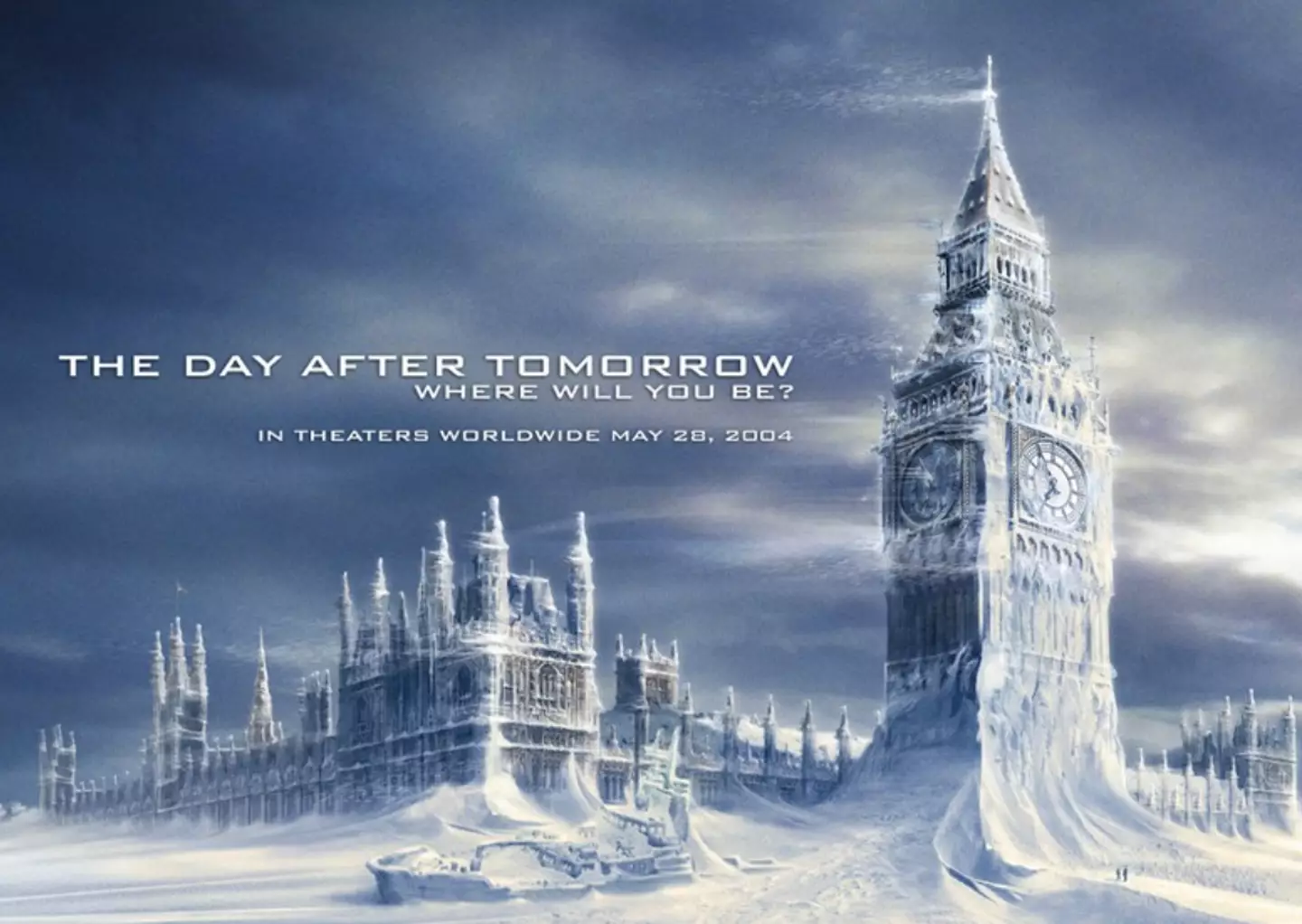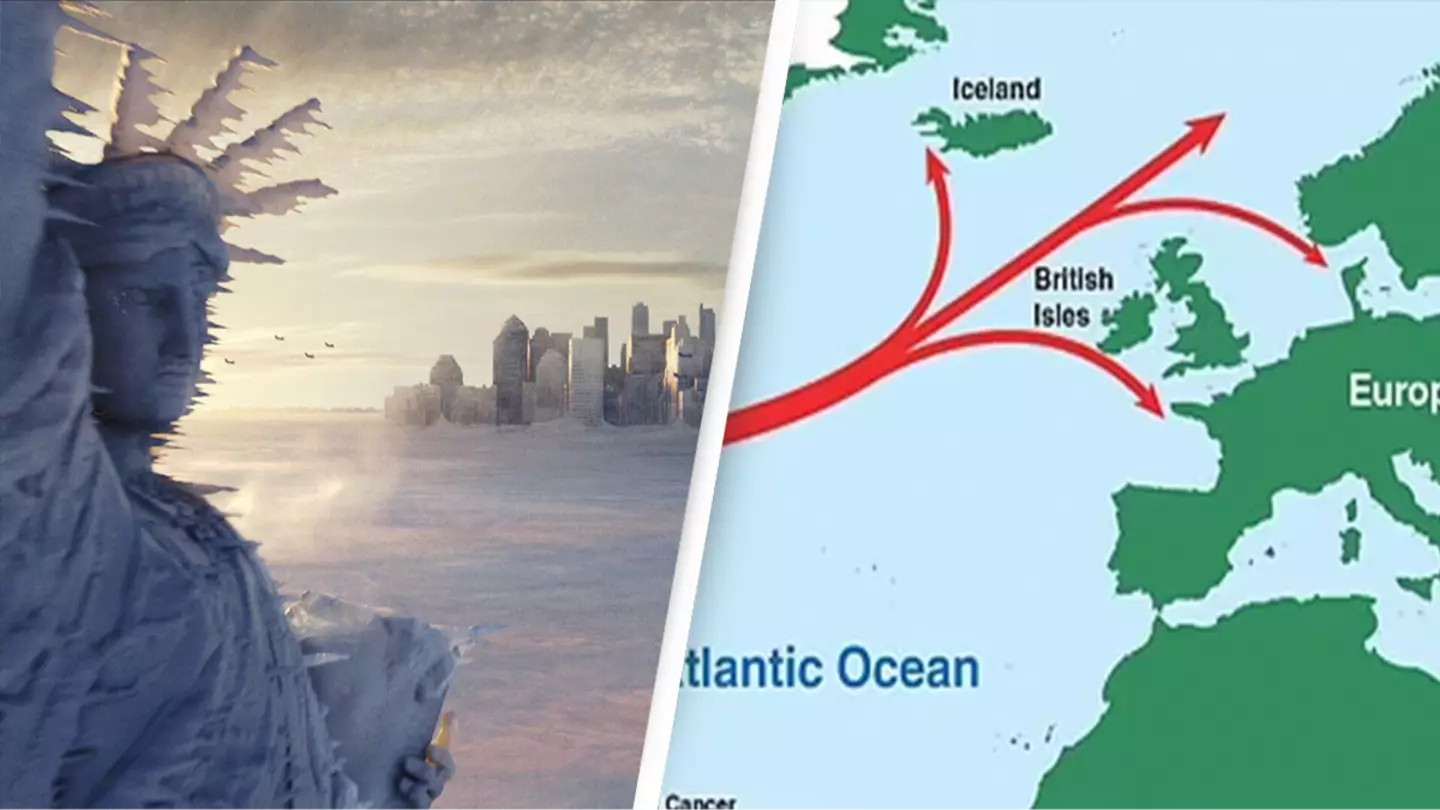Chilling News: New Study Predicts a Big Freeze for Europe, and It’s Straight Out of a Disaster Movie!
Remember the 2004 disaster flick, *Day After Tomorrow*? While still a cinematic stretch, recent research suggests its chilly premise might not be entirely out of the question.
Although the study doesn’t foresee an instant ice age or a cataclysmic shift in the global landscape, it does reveal some alarming temperature trends that could hit us in the not-too-distant future. One of the more extreme outcomes? Europe could be headed towards a significant deep freeze due to climate change.

A team from University College London has pinpointed the Gulf Stream—a crucial warm water current—as being particularly susceptible to the impacts of climate change.
If this vital current collapses, we could see European temperatures plummet by up to 15°C (27°F), which would bring dramatic and severe cold snaps to the continent.
Dr. Jack Wharton, the study’s lead researcher, explained, “If in the future winds are weaker, as shown in a recent study using climate models, it could mean a weaker Gulf Stream and a cooler Europe.”
Dr. Wharton also shed light on historical data, “We found that during the last ice age, the Gulf Stream was much stronger due to stronger winds across the subtropical North Atlantic. Despite the rest of the planet being much colder, the Gulf Stream still managed to move significant heat northwards.”
This historical perspective is crucial as it underscores the potential changes to the Gulf Stream under different climatic conditions.

“The ocean moves vast amounts of heat around the globe – equivalent to the energy from millions of power stations. Changing the strength of ocean currents can therefore alter how much heat goes where. This alters our climate, and on shorter timescales our weather,” he added.
Though this scenario represents a dire prediction, it’s important to recognize that there’s currently no evidence indicating the Gulf Stream will cease functioning. It is merely one component of the larger Atlantic Meridional Overturning Circulation (AMOC), which plays a pivotal role in distributing hot water globally.
Professor Thornalley elaborates, “There is the subtropical loop—that the Gulf Stream is part of—and a subpolar loop, which carries heat further northwards into the Arctic.”
However, the overarching worry is that rising global temperatures might disrupt this critical “engine” that powers the subtropical loop.

